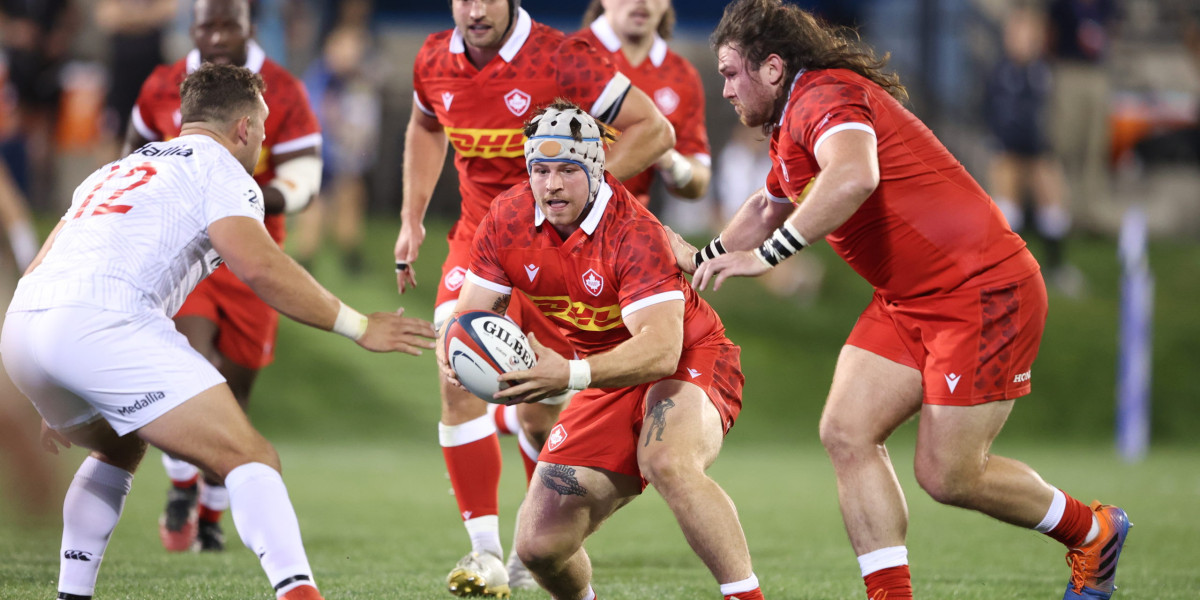The decline of Rugby Canada from its historical prominence in the sport is a matter of concern for rugby enthusiasts and raises questions about the root causes of this fall from grace.
Canada's rugby history is indeed rich, with the national team consistently qualifying for every Rugby World Cup, even reaching the quarter-finals in 1991. The early 2000s saw positive performances, with at least one win in each World Cup up to 2011. However, the subsequent years were marked by a decline in fortunes. After achieving an international ranking of 11th in 2011, Canada failed to secure a single victory in the 2015 World Cup and witnessed a significant drop in the world rankings, plummeting to a record low of 24th in 2017. Currently, Canada sits at the 21st rank globally.
Canada's qualification for the 2019 Rugby World Cup came in the last round of qualification, reflecting the team's struggles. A closer look at their recent form reveals concerning statistics, including a win-loss record of 6 wins out of 19 matches. Notable losses came against teams like Brazil, Fiji, the USA, Uruguay, Russia, and even Argentina's second-string team.
One might question whether coaching changes are to blame, as Canada has seen three different coaches since the 2015 World Cup. However, the fact that Kieran Crowley, one of these coaches, went on to win Coach of the Year in a prestigious league (Pro14) after leaving his position as Canada's coach suggests that the coaching may not be the sole issue.
The talent within Canada's player pool, although smaller compared to other World Cup teams, includes notable names like Tyler Ardron, DTH Van der Merwe, and Taylor Paris, who have excelled in top-tier rugby leagues around the world. Therefore, the problems seem to stem from deeper structural issues within Rugby Canada.
To revive its rugby fortunes, Canada may need to address these fundamental structural problems, from grassroots development to coaching and player pathways. Without comprehensive reform and support, Canada's rugby struggles are likely to persist, casting a shadow over the country's rich rugby history.

 Browse Events
Browse Events  My Events
My Events  Suggested pages
Suggested pages  Liked Pages
Liked Pages  Recent Classified Ads
Recent Classified Ads  Spoorts TV
Spoorts TV  Youtube
Youtube 












